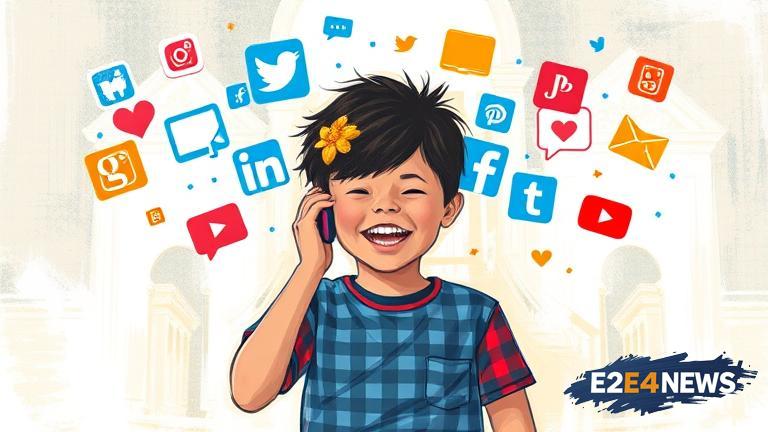The issue of social media platforms failing to protect minors has become a pressing concern in recent times. Despite implementing age restrictions and bans, these platforms continue to struggle in shielding under-16s from online harm. The lack of effective age verification processes has made it relatively easy for minors to access social media, exposing them to potential risks such as cyberbullying, online harassment, and inappropriate content. This has sparked widespread concerns over digital safety and the need for more robust measures to protect vulnerable users. Social media companies have faced criticism for their failure to adequately address these issues, with many arguing that their age verification processes are inadequate and easily circumvented. The use of fake or stolen identities, as well as the lack of parental consent, has further complicated the issue. Furthermore, the ever-evolving nature of social media platforms has made it challenging for regulators to keep pace with the latest developments and ensure that minors are protected. The consequences of inaction can be severe, with minors potentially facing long-term emotional and psychological harm as a result of their online experiences. In response to these concerns, there have been calls for social media companies to implement more stringent age verification processes, such as the use of AI-powered tools or government-issued ID verification. Additionally, there have been suggestions that social media platforms should be required to obtain parental consent before allowing minors to access their services. The issue has also highlighted the need for greater education and awareness about online safety, with many arguing that minors should be taught about the potential risks and consequences of social media use from a young age. Moreover, there is a growing recognition that social media companies have a responsibility to protect their users, particularly minors, and that this responsibility should be enshrined in law. The failure of social media platforms to protect minors has also raised questions about the effectiveness of current regulations and the need for more robust oversight. In some countries, regulators have begun to take a more proactive approach, introducing new laws and guidelines aimed at protecting minors and holding social media companies to account. However, more needs to be done to address the issue, and it is likely that the debate over social media safety will continue to evolve in the coming years. As social media continues to play an increasingly prominent role in modern life, it is essential that we prioritize the safety and well-being of minors and take concrete steps to protect them from online harm. This includes not only implementing more effective age verification processes but also promoting greater awareness and education about online safety. By working together, we can create a safer and more responsible social media environment that benefits everyone, particularly minors. The issue of social media safety is complex and multifaceted, and there are no easy solutions. However, by acknowledging the problem and working towards a solution, we can help to create a better future for minors and ensure that they are protected from the potential risks of social media. Ultimately, the protection of minors on social media requires a collective effort, and it is essential that we prioritize their safety and well-being in the years to come. The use of social media by minors is a widespread phenomenon, and it is essential that we take steps to protect them from online harm. This includes not only implementing more effective age verification processes but also promoting greater awareness and education about online safety. By working together, we can create a safer and more responsible social media environment that benefits everyone, particularly minors. The issue of social media safety is a pressing concern that requires immediate attention, and it is essential that we take concrete steps to address the issue. The failure of social media platforms to protect minors has significant consequences, and it is essential that we prioritize their safety and well-being. The protection of minors on social media is a complex issue that requires a multifaceted approach, and it is essential that we work together to create a safer and more responsible social media environment.




